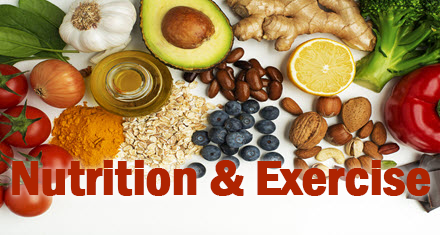Created by HealthCare Practitioners for the
Created by HealthCare Practitioners for the
Patients they Treat
Patients they Treat
Dr. Donald Sin & Dr. Sean Virani Differentiating Between COPD and Heart Failure in Patients
Shortness of breath is a common feature of both heart failure
and COPD. Complicating matters further is the fact that many patients with COPD will have heart
failure and vice versa. So oftentimes it’s really challenging for the physician and for the
patient to know whether their dyspnea is due to heart failure, COPD or both.
Heart Failure Now Main Categories
Heart Failure now is a community based website built by a
collection of medical professional from all across north America
Smart Food Now
Leveraging health and clinical evidence to guide us in
creating delicious recipes that taste great and are nutritious.

Healthy Food Choices
Dr. Julia Cadrin-Tourigny, MD, FRCP Diagnosing and Screening Genetic Heart Conditions
Several conditions require an evaluation cardiogenetic. First,
different types of cardiomyopathy, or heart muscle disorders. These include hypertrophic
cardiomyopathy, some forms of familial cardiomyopathies, and arrhythmogenic right ventricular
cardiomyopathy.
Dr. Shreya Moodley, MD, FRCPC Detecting Heart Abnormalities Before Birth with Fetal Echocardiograms
Pregnancy is usually a very exciting time for families, and
the 20-week screening ultrasound is an important milestone. For most couples, it is a time to
get to see baby on the screen, and to find out if it’s a boy or a girl. But for the medical
team, it’s an important test that helps us to determine if the structure of baby’s organs—all of
the parts—if they are normal.









